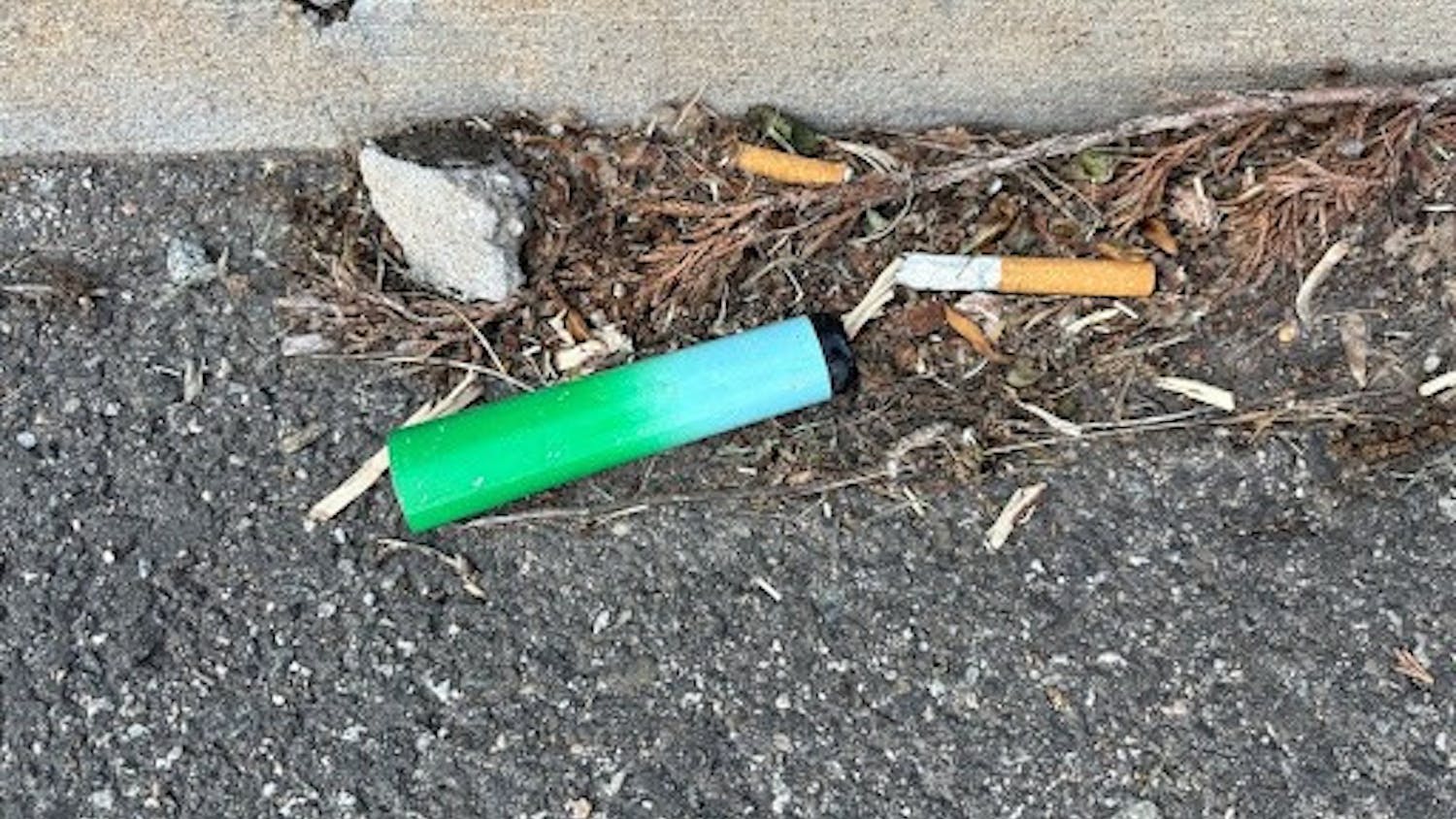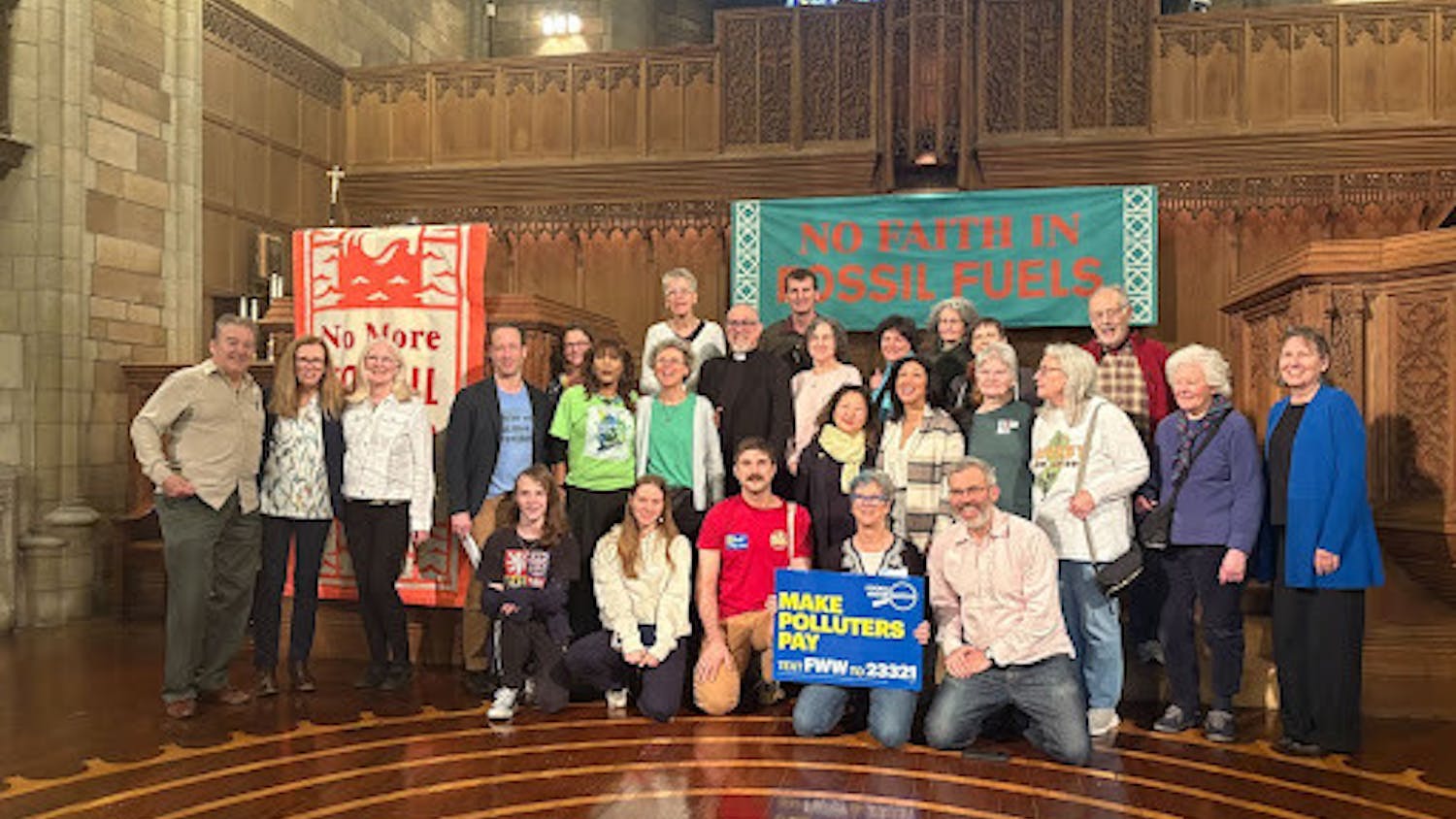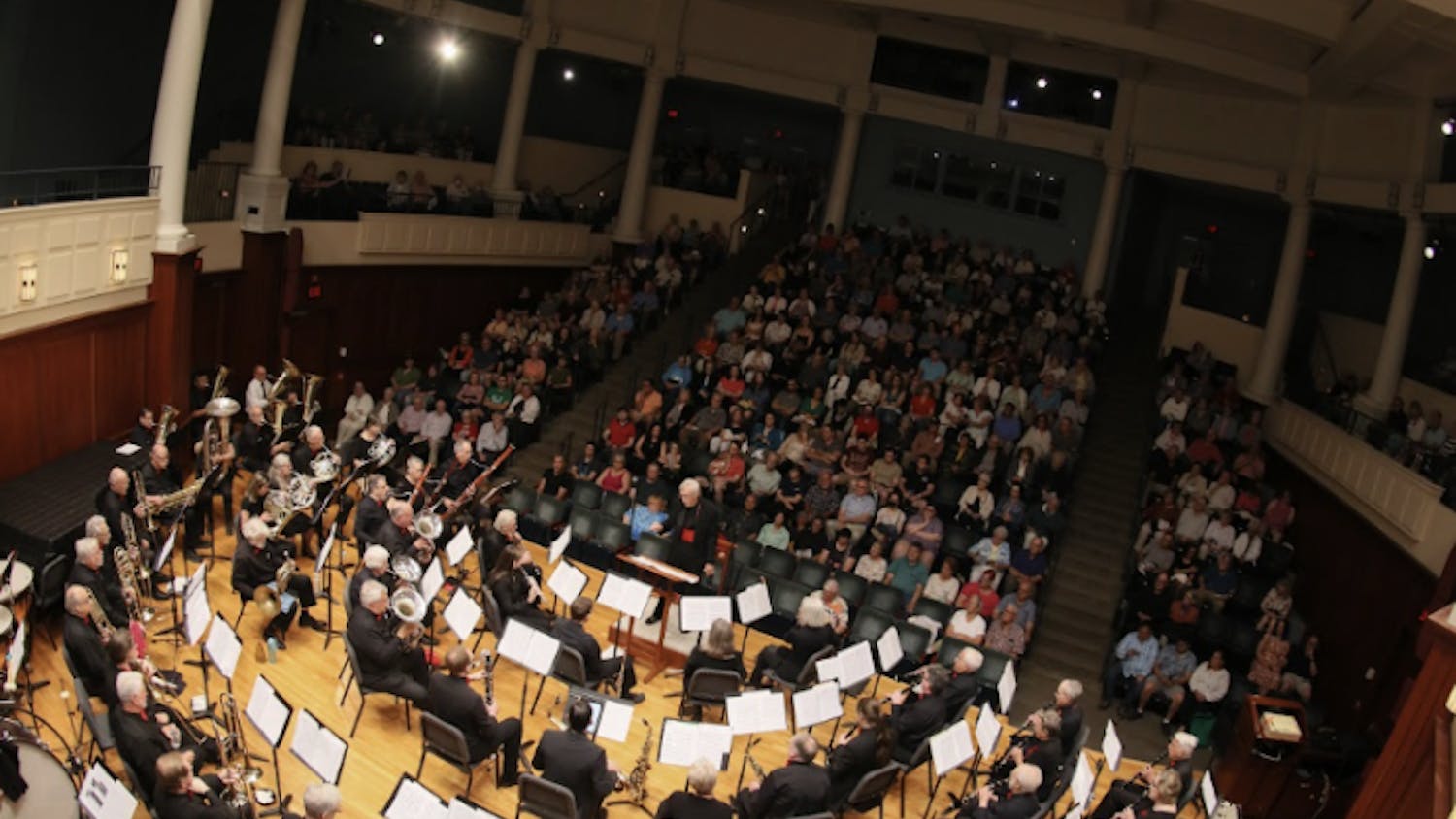By Alexa Kelber
Staff Writer
Three individuals sat in front of the Library Auditorium on Wednesday, Nov. 18, their statures calm and composed, but with eyes that told a much deeper tale of how they arrived at this very moment. They were three formerly incarcerated people who turned their lives around, despite the struggles they endured and the disparate odds that worked against them.
The Rutgers Mountain View Program gave them the chance that society had neglected to afford them.
The program’s purpose is “to work with at-risk youth and inmates through direct contact by way of mentoring, tutoring, conducting seminars and providing alternative opportunities that promote the pursuit of higher education,” according to the group’s website.

“I came today because I want to express that education can transform somebody’s life. There is a lot of wasted potential in prison,” panelist Adam El-Sherbeini said. “Some of the best people I’ve ever met were in prison.”
El-Sherbeini served 42 months in prison for a laundry list of crimes, including drug possession and aggravated assault.
Amarilis Diamond-Rodriguez spoke of how she spent 10 years in the streets as a drug dealer, but is currently working as an academic and transitions counselor in the same facility in which she served her time.
“Prisons make it easier for you to come back than easier to be successful on the outside,” she said, commenting on the high rates of recidivism. “It’s very unfortunate for the rest of the people who aren’t going to get this type of chance… It’s easy to say to not commit a crime, but that’s difficult for people who only have that type of choice.”
The third panelist, Ivelisse Gilestra, had perhaps the most jarring story: she shot a police officer who was being “sexually explicit” with her after she was pulled over. She served 13 years as punishment.
“I do understand that what I did was wrong, but he did touch me,” Gilestra said. “To this day, I still wouldn’t know how to handle this effectively. I want to know ways (that) I can deal with situations like this.”
Their contrasting stories all meet at a precipice of controversy: all three individuals are minorities and all feel as though it is especially challenging to navigate the criminal justice system when considering factors such as race.
“Because I grew up in the Bronx, (N.Y.), I somehow knew how to do time before I went in,” Gilestra said. “The place taught me a lot. The place affected me a lot. No one leaves out of there unaffected… People go in wounded and damaged and with a lot of issues... I could not normalize the experience. I was so dehumanized by the prison industrial complex, but sometimes you have to manipulate fear to survive.”
All three ex-inmates’ crimes were drug affiliated. This led to a discussion about how even though white people deal and use drugs at a higher rates than minorities, people of color are convicted of crimes ten times more often than whites.
“Communities that are low income tend to have more violence and maybe they need more policing,” El-Sherbeini said. “I’m from Plainfield, (N.J.), which is mostly black and Hispanic. Police presence at Rutgers is very different from Plainfield.”
Rodriguez shared El-Sherbeini sentiments regarding the differences in policing from town to town.
“White drug dealers don’t stand on the corner. We’re on the corner,” Rodriguez said. “That’s one of the reasons we’re over policed… Racism can be felt throughout the whole system. From the time you get apprehended, all the way until you go to prison, you can see racism.”
The fact that 95 percent of prosecutors in the United States are white and 83 percent of them are males is another component that the panelists think plays an important role in the justice system.
“To a person of color, that’s scary as hell,” Rodriguez said.
Incarcerated people are also extraordinarily ill-equipped to return to the real world after spending time and adjusting to life in prison, where they are stripped away from their own personal freedom of choice.
Ninety percent of people in prison will return there within a year or two of their release.
“I want you to leave here remembering that the three of us up here are an exception,” El-Sherbeini said. “The majority of people who come out, usually go back.”
Gilestra agreed with El-Sherbeini, adding that many re-entry programs are lacking.
“I feel like they should’ve prepared me for re-entry on the first day I got to prison because they knew I was getting out eventually,” she said. “Six months left, you fill out a vague questionnaire.”
This is not enough to encourage, let alone ensure, success in life after prison.
To end mass incarceration, Rodriguez suggests something simple: “Stop acting like there’s no white privilege and (like) there’s no racism.”
She said that if she had it, she would be using white privilege to help those incarcerated.
“One key thing that has to change is, if you guys haven’t noticed, this country runs on money,” El-Sherbeini said. “Money is what creates change. Prison has to stop being so profitable.”
Prisons, specifically privately owned and run prisons, are undeniably tied to the American economy. Inmates produce cheaper labor. Canoes, Applebee’s staff shirts and jeans are among the products made by inmates. Victoria’s Secret even owns shares in some private prisons.
“Mass incarceration is not going to end until it stops making money,” El-Sherbeini said.
For those on the outside who are inspired to action in combating these injustices, empathy is important, according to Rodriguez.
“People are willing to listen to you guys,” Rodriguez said. “Do the work that needs to be done. There’s so many different things you can all do and you know what they are.”
El-Sherbeini encouraged students to “vote for politicians who want to end the war on drugs” and “if given an opportunity to employ someone, don’t turn them away just because they have a record.”
The three rehabilitated individuals found their path in life because their peers were willing to take a chance on them. They were not willing to waste this fleeting window of opportunity.
In a sobering moment, Rodriguez summed up the importance of second chances.
“I can count on one hand how many friends I have from high school that are still alive,” she said. “I met the president of the United States two weeks ago. I’m not trying to brag, but I’m saying this because I’m here, because people took a chance on me. Education has definitely led me to where I am right now. I am indebted to programs like this and the people who took a chance on me.”







